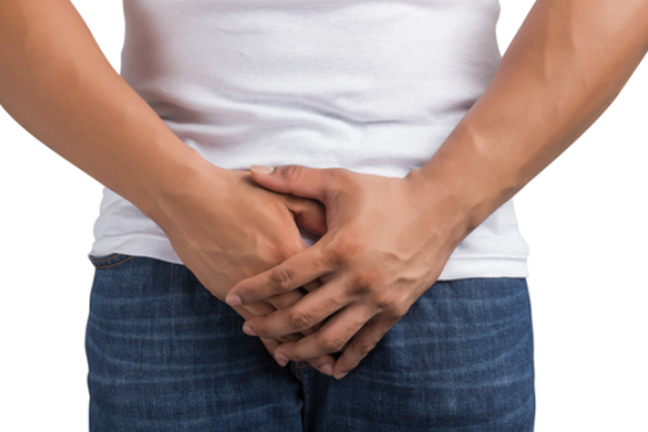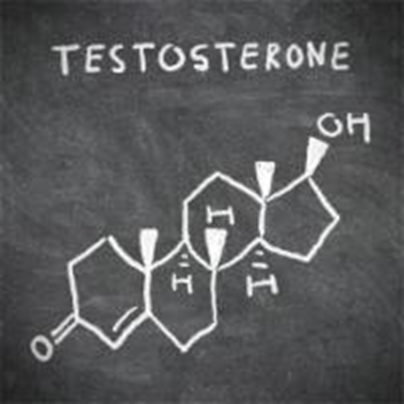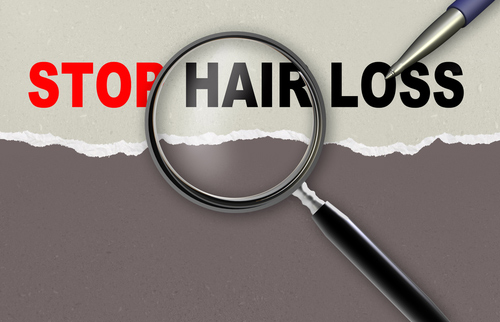The Gut-Prostate Connection: How Your Microbiome Affects Urinary Health
Introduction Did you know your gut health plays a crucial role in prostate and urinary health? Research shows that gut imbalances can contribute to prostatitis, UTIs, and prostate enlargement (BPH) by increasing inflammation and disrupting the bladder microbiome. Understanding this connection can help men take a gut-first approach to long-term urinary wellness. How Gut Health … Read more



